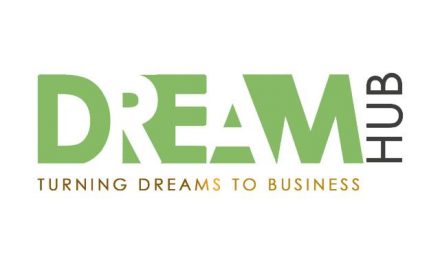Zimbabwe has been listed among the top 20 reformers in the Ease of doing business as measured by the World Bank for the year 2020. They joined a list of 20 countries including Bangladesh, China, India, Kenya, Nigeria and Saudi Arabia. This comes as good news to an otherwise embattled economy.
The Ease of doing business report measures the simplicity or complexity in 10 key areas. You can read this explainer on what the report basically means and how and what things are measured. The list comprises economies whose scores have improved in 3 or more of the 10 areas that the report looks at.
The choice of the most improved economies is determined by the largest improvements in the ease of doing business score among those with at least three reforms. Please note that the below list does not reflect the best performing/ranked economies, which will be disclosed at the time of Doing Business 2020 launch on October 24, 2019 at 9am EST.
As the excerpt above shows being listed among the top reformers does not essentially mean that business has become easy to operate but rather an improvement in the countries’ own performance in that area. On Zimbabwe they had this to say;
Zimbabwe made regulatory improvements in five areas measured by Doing Business. Zimbabwe made starting a business easier by improving online name search and reducing the Harare Municipality business licensing fee. More frequent sessions by the municipal building commission in Harare led to faster approval of construction permits. Likewise, the deeds registry implemented an internal tracking system allowing applicants to track their applications throughout the property transfer process. Finally, Zimbabwe introducing a new reorganization procedure, allowing creditors to vote on the reorganization plan, granting debtors the possibility of obtaining post-commencement finance and improving access to credit by giving secured creditors absolute priority during insolvency proceedings.
Zimbabwe’s best scores in the previous year were in Starting a business (64.48), paying taxes (58.71) and registering property (58.2). While our worst scores were in enforcing contracts (39.66), getting electricity (44.81) and dealing with construction contracts (48.55). We will unpack the report once it becomes available as it will allow us to quantify the reforms and what they mean for Zimbabweans on the ground.








